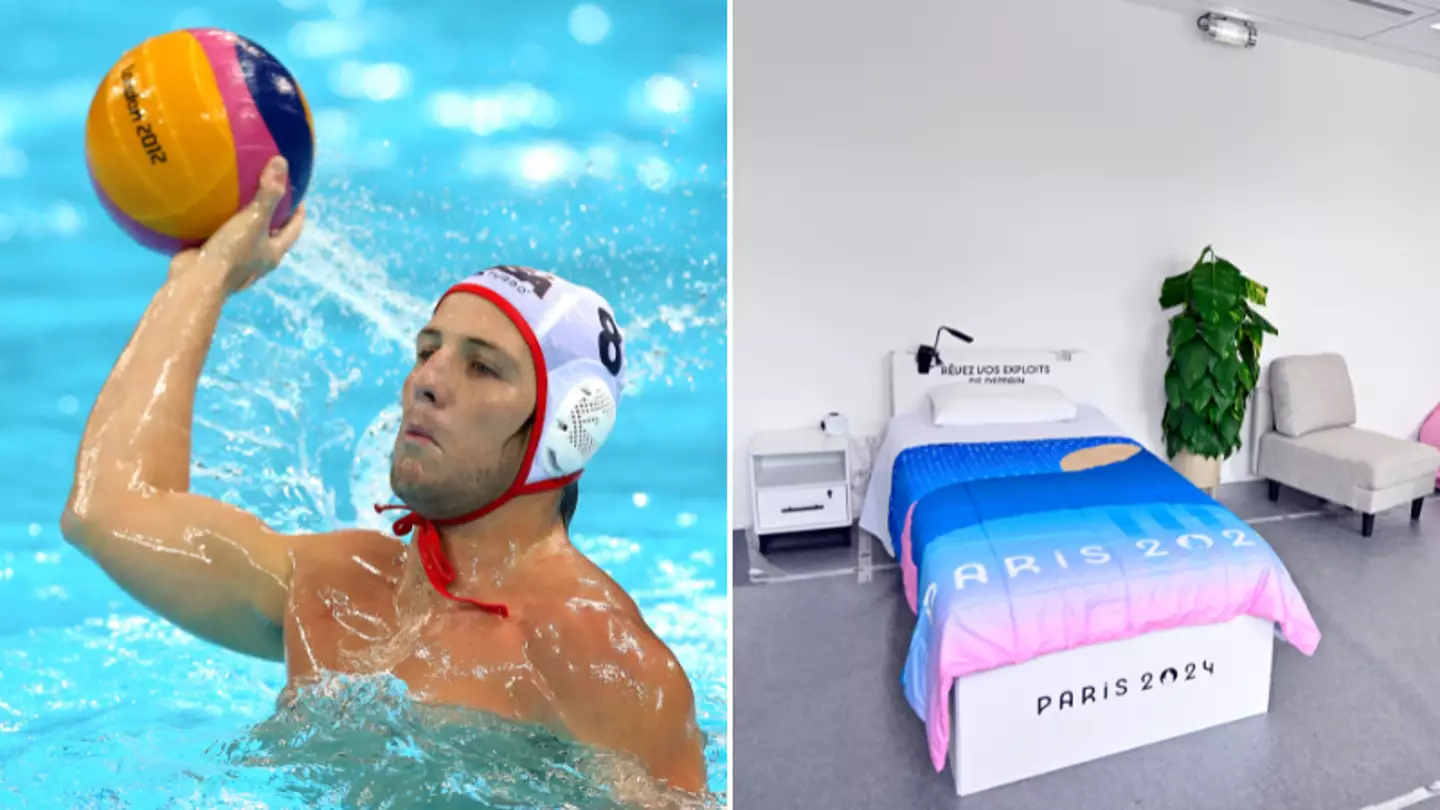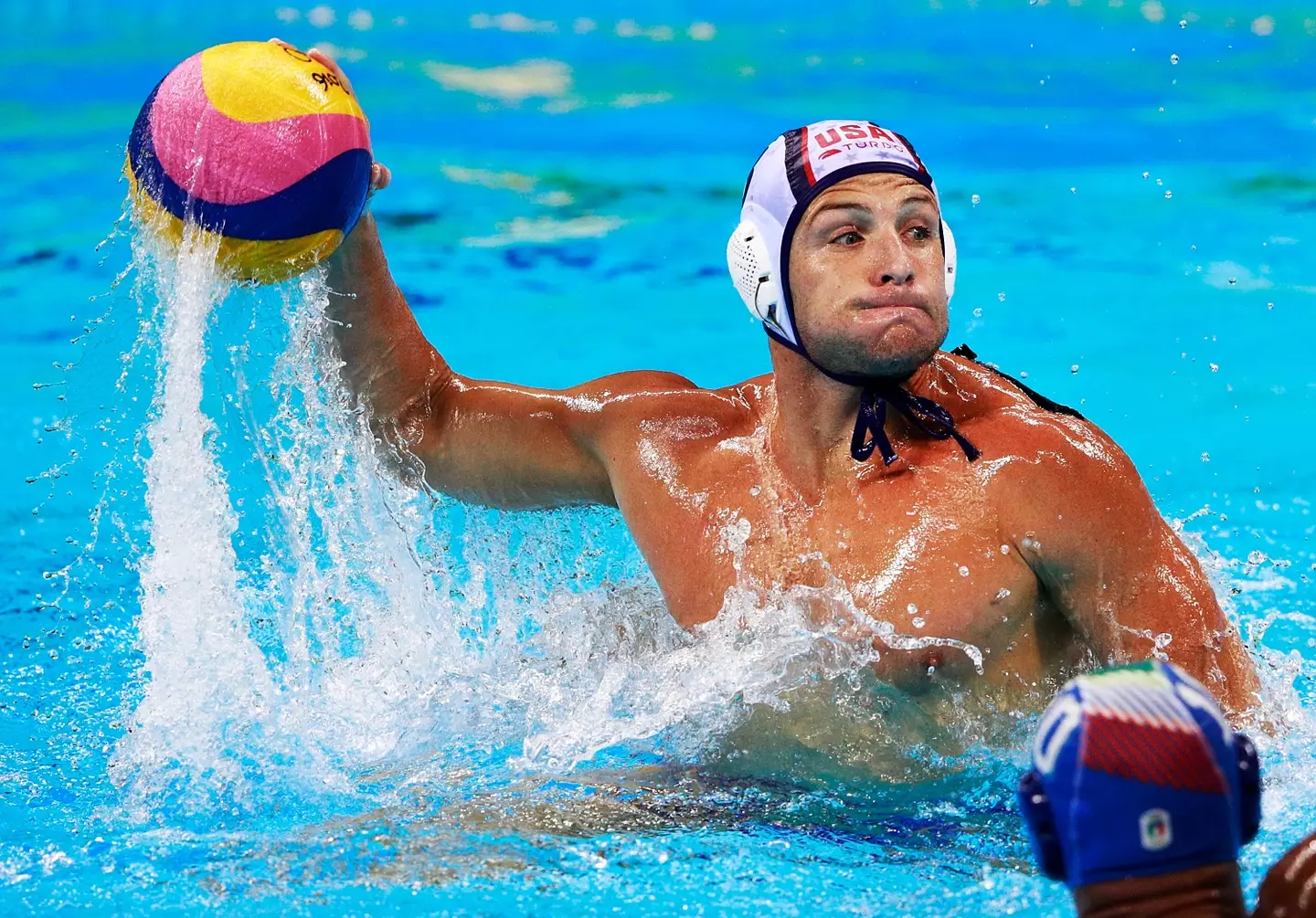A former athlete has explained what causes Olympians to have so much sex during the games.
The Olympics takes place every four years, with this year's showpiece emanating from Paris, France.
For a period of around two weeks, a number of the fittest and most athletic people the world has to offer are in the very same quarters.
And every time the Olympics comes around, there is always immediate chatter about the amount of sex going on.
You can't imagine the International Olympic committee are massively enthused about sexual activities between athletes, hence the cardboard beds said to be designed to make romping a little more difficult.
But it remains absolutely inevitable, so much so that since 1988, condoms have been handed out to athletes at the Olympic village.
It's said that 300,000 condoms have been given to 10,500 athletes for this year's competition.
But why is there such a drive for sex amongst athletes from across the globe at the events?
Well, according to former United States water polo captain and five-time Olympian Tony Azevedo, it's very simple.
With how much athletes dedicate their lives to training, it's a little more difficult to date.
And so events like the Olympics allow them to meet people in the similar field.
"Think about how hard it is to meet someone," water polo captain Tony Azevedo said, speaking to ESPN in 2012.
"Now take an Olympian who trains from 6.00am. until 5.00pm every day. When the hell are you supposed to meet someone? Now the pressure is done, you're meeting like-minded people ... and boom."
In the same piece, former US goalkeeper Hope Solo said she saw people having sex "right out in the open" - including "on the grass" and "between buildings.
Former German long jumper Susen Tiedtke puts the unrivalled sex drive down to people wanting to "live out their energy".
According to Melissa Chovino, a spokesperson from the Paris 2024 organising committee, there are "no restrictions regarding sexual activity" this time around.
The condom count works out at around 23 pieces of protection per athlete, while village medical clinic will have a service for preventive STI testing as they place an emphasis on raising awareness.

 Josh Lawless
Josh Lawless
